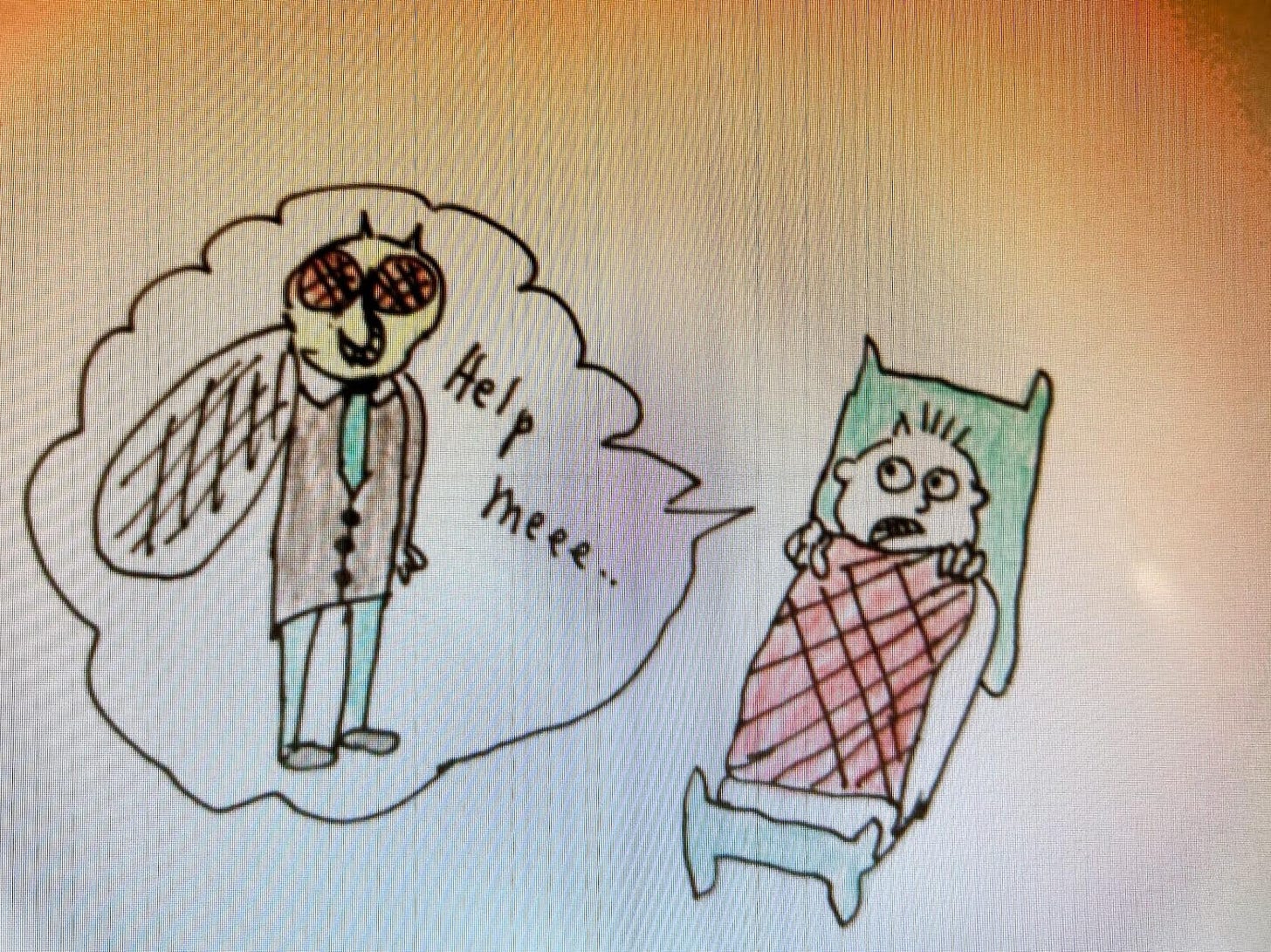SOME VERY BASIC BASICS ABOUT WRITING NOVELS.
From a letter I was writing to an aspiring novelist.
WHO ARE THE PRIMARY READERS OF NOVELS?
A) Novel readers
B) Something else
The correct answer is a). This means that those reading THIS novel will expect it to be a novel.
They will wish to be surprised, delighted, moved, and informed. They will expect characters that convince and a plot that causes them to want to find out what will happen next. They will want the novel to hold their attention. At the very least. They are giving you their time. You need to take them seriously.
WHAT IS A NOVEL?
A) A political tract.
B) A bunch of stuff that interested the author and that the author glurbed up undigested onto the page.
C) A sermon. Buddhist or otherwise.
D) Unresolved problems from the author’s childhood that the author is trying to fix now via
Delayed Mastery.
E) A message from the spirit world.
F) A work of art.
The correct answer is F), though a novel may CONTAIN any and all of these other things. But it is primarily a work of art (successful or not).
WHAT IS A WORK OF ART AS IT RELATES TO A NOVEL?
All works of art involve patterns, made of repetitions with variations. Novels are works of art made out of words. With repetitions and variations.
WHAT DOES THIS MEAN SPECIFICALLY?
Structure. (The arrangement of time, among other things.) What happens when? Linear arrangement? Flashbacks? Start in the middle? Circular (start at the end, circle back?) Begin with a corpse and then say how it got to be one? Simultaneous narration by several characters? A dead person narrates? Lots of ways of structuring and arranging time.
Texture. At the level of the sentence, the paragraph, the page. Avoiding clumsy obviously unintended repetitions, long-winded explanations, mawkish figures of speech. Etc. Texture includes also the “voice” of the novel. Who’s telling it? Do they swear a lot? Etc.
.Character. Do we believe these people would do and say this? A character in a book is: What they say. What they do. What they think and feel. What other characters say and do in relation to them. What the author may tell us, if an omniscient author is present. That’s all you got.
Plot: What happens. Also: suspense. If we can predict everything ahead of time, we lose interest.
Overall tone. What is the mode? (i.e. the musical key). Keys can be varied within a novel but one should at least be conscious of them. Ironic? Romantic? Tragic? Comic? A mix?
SHOULD A NOVEL INSTRUCT OR ENTERTAIN?
(People have been asking that since classical Greece.)
Both, if possible, I think.
Too much instruction and it’s a sermon. Only entertainment and it’s a beach read.If too much instruction, it may belong in a non-fiction book. But when push comes to shove, folks choose entertainment, yes? Not saying it’s good, but….
(Oh look! I added Buttons!) (Along the way I managed to Subscribe 2X to my own Substack, but you learn something new every day! Or almost every day. Or sometimes.)




Between yours Chuck Palahniuk’s substack, this is the most encouraged I’ve been in all of my writing life.
Love you so much, Margaret Atwood. To my mind, ORYX AND CRAKE was and is the best dystopian/utopian novel ever written. How come it didn't receive the same attention (or more) as THE HANDMAID'S TALE? Its time will come. Give it some time, and everything you ever wrote will come true.